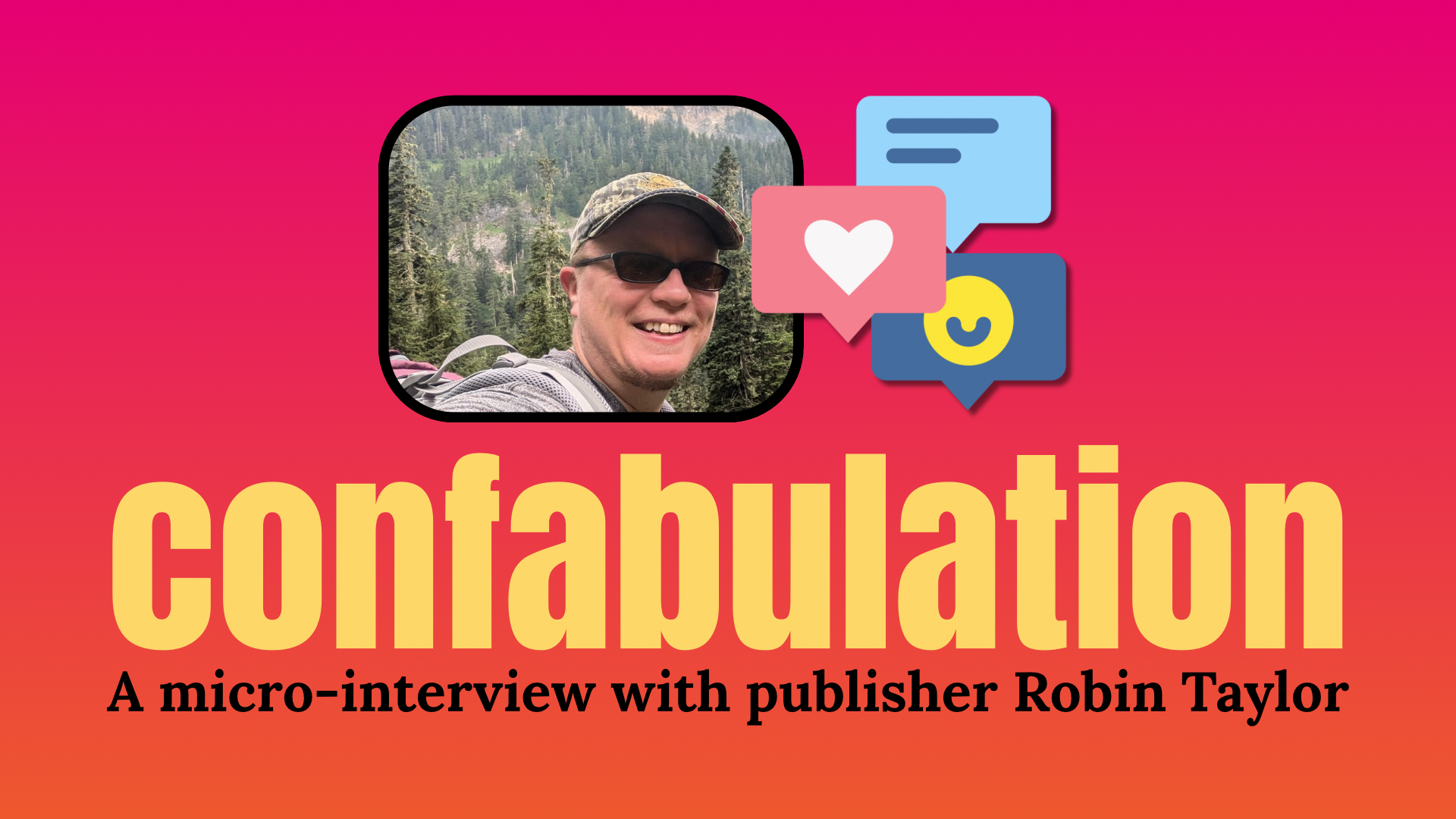Publisher Robin Taylor on growing up trans in the Midwest during the 1990s, queer representation in media
Under Donald Trump’s second term as president, there is a movement to remove or restrict LGBTQ+ literature and knowledge from the public sphere, which can lead to making it difficult for younger generations to have access to the literature and resources they need to learn about such topics as gender and gender identity.
Previous generations have had similar knowledge gaps when it comes to information about gender. Owner of GenderWild Press, Robin Taylor, a transgender man, discusses what it was like growing up in the Midwest in the 1980s and 1990s, and the lack of literature that was available to him, where he found representation, and how he’s trying to preserve the voices and stories of transgender, nonbinary, genderqueer, and intersex writers.
When Taylor was just six years old, growing up in Indiana, he had a comfort blanket in the form of a sleeping bag. He remembers wanting to give it a name, but didn’t want to choose a gender for it, because he somehow knew that would be wrong. That the sleeping bag would have to discover its own gender someday, so he gave it the gender-neutral name of Sam.
“It could be boy Sam or girl Sam,” he said. He went on to explain that he knew then that he was different, “I knew I really wasn’t a girl, but it wasn’t acceptable to be a boy.”
When asked what sort of LGBTQ+ literature or media was available to him in the 1980s and 1990s, Taylor initially said, “None.” But thought about it some more and found that he did find some queer representation in strange places, “It’s actually not entirely true that there was none, but everything that was presented was done so in a negative fashion.”
He found queer representation in the characters of Radar and Clinger of the TV show “MASH,” as well as “Xena,” which he said was “queer bating” the queer community and that, “we loved it, because it was all we had.” He also found himself wanting to know more about the men on “Jerry Springer” who had transitioned to women.
“Those were the little places we lived,” Taylor said, “there were no books that I had, that I was aware of. There were certainly no medical books. As a matter of fact, I didn’t know transmen existed until Chaz Bono came out.” Chaz Bono is the only child of Sonny Bono and Cher, who came out publicly as a transman in 2009.
Taylor started his publishing company GenderWild Press this year, and has signed his first writers, though he hasn’t released the first book yet. The goal of his company is to focus on authors and poets who are transgender, genderqueer, nonbinary, and intersex. He wants to tell their stories, so people still struggling to find themselves can find their stories in others.
“There were just no stories to parallel my own,” he said of his own journey, “I felt a sense of direction, something I needed to do.” That’s when he realized he wanted to start a publishing company for queer voices, “I had a bit of an ah-ha moment, ‘Oh, I need to tell these stories.’”
“What we need is a conduit for those stories to be told and be readily findable by a community of people who need to find them,” he said, “including people who are not trans, who are not queer.”
When asked if he thought the current political climate could take us back to the knowledge drought of the 1980s and 1990s, Taylor thinks that we can’t undo the progress that has been made in his lifetime, “It was leaking through then, because it can’t be contained.”
“The truth is you can take the T out of Stonewall but it’s too late,” he said. “The genie is out of the bottle; you can’t put it back. I think we are a little too wise to our history. You can’t make these things go away.”
You can find and follow Robin Taylor on Substack, where he publishes multiple newsletters.

